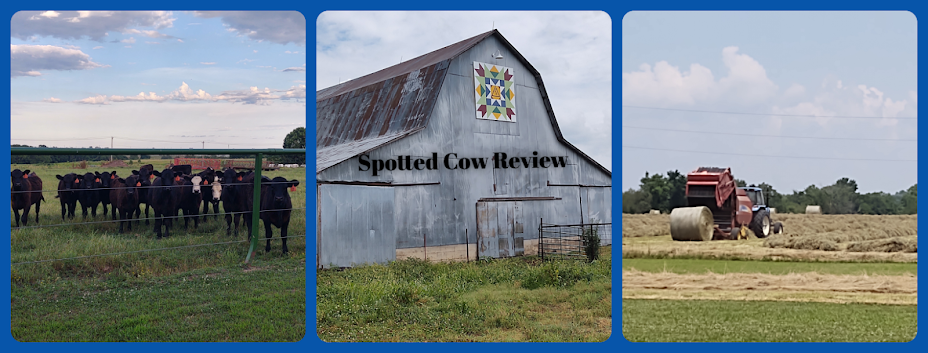As I anticipate a visit to the doctor for my yearly check-up, I'm thinking about my healthy and unhealthy habits that I will be quizzed about,confess to and take responsibiity for my actions or lack of action. As a Baby Boomer born in the mid fifties, I really wasn't thinking I would get old some day. Guess what --I'm aging! The first time the doctor used the phrase,"at your age", I realized that I was transitioning into my era of healthy aging.
Healthy bones are needed for healthy aging. Do you ever think about how important your bones are? Bones give support, allow movement, protect your heart, lungs and brain from injury and store vital minerals. Calcium and Vitamin D are needed for strong bones. According to the National Institute of Health, calcium is one of the nutrients most likely to be lacking in the American diet and has been singled out as a major public health concern. Calcium deficiency can lead to osteoporosis. Osteoporosis weakens bones and may result in fracture of the spine,hip or wrist. Although osteoporosis is considered a woman's disease, it can also affect men.
Bone health begins in early childhood. Healthy nutritonal choices begin in early childhood and have a huge impact on healthy aging. The strength of our bones depends on their size and density which depends in part on the amount of calcium, phosphorus and other minerals bones contain. Our bones have been continuously changing since childhood,reaching peak bone mass around age thirty. The higher your peak bone mass is at age thirty, the less likely you will develop osteoporosis as you age. Including calcium rich dairy foods such as milk,yogurt and cheese in your daily diet can reduce the risk of osteoporosis.You can find helpful nutrition information at
http://www.nationaldairycouncil.org/.
It's never too late to evaluate your health habits and strive for improvements. Osteoporosis prevention includes:
- Adequate amounts of calcium
- Adequate amounts of vitamin D
- Regular weight bearing exercise such as walking,jogging,running, or stair climbing.
Recommended calcium intakes and other information about bone health can be found at the National Institue of Health website:
http://www.niams.nih.gov/Health_Info/Bone/Bone_Health/Nutrition.
Healthy habits help us keep the bones we have. What are you doing for bone health "at your age"?


.jpg)
